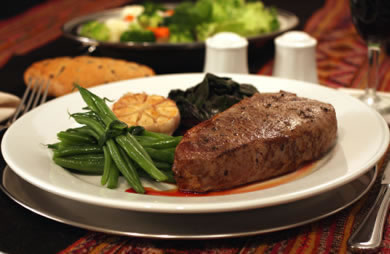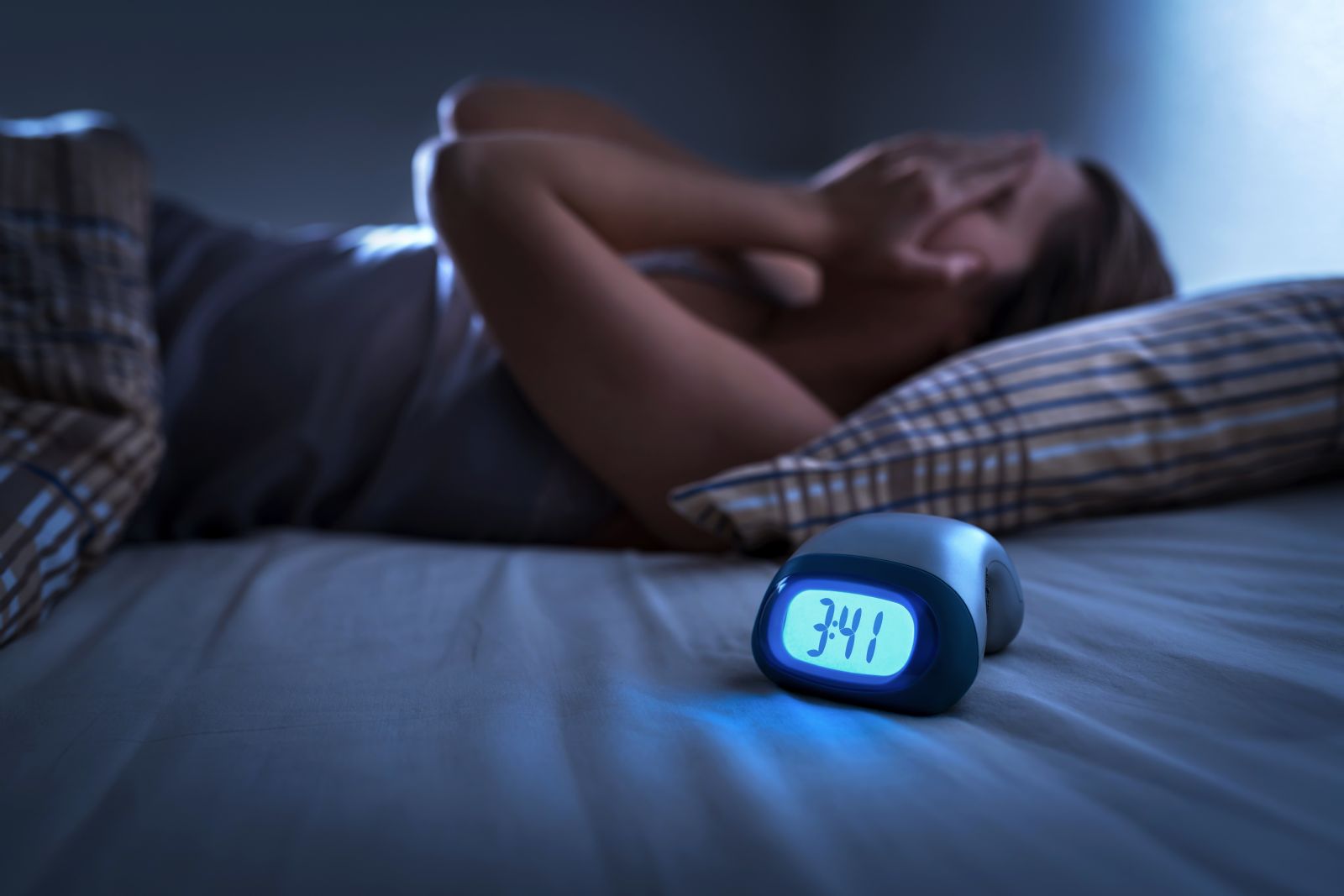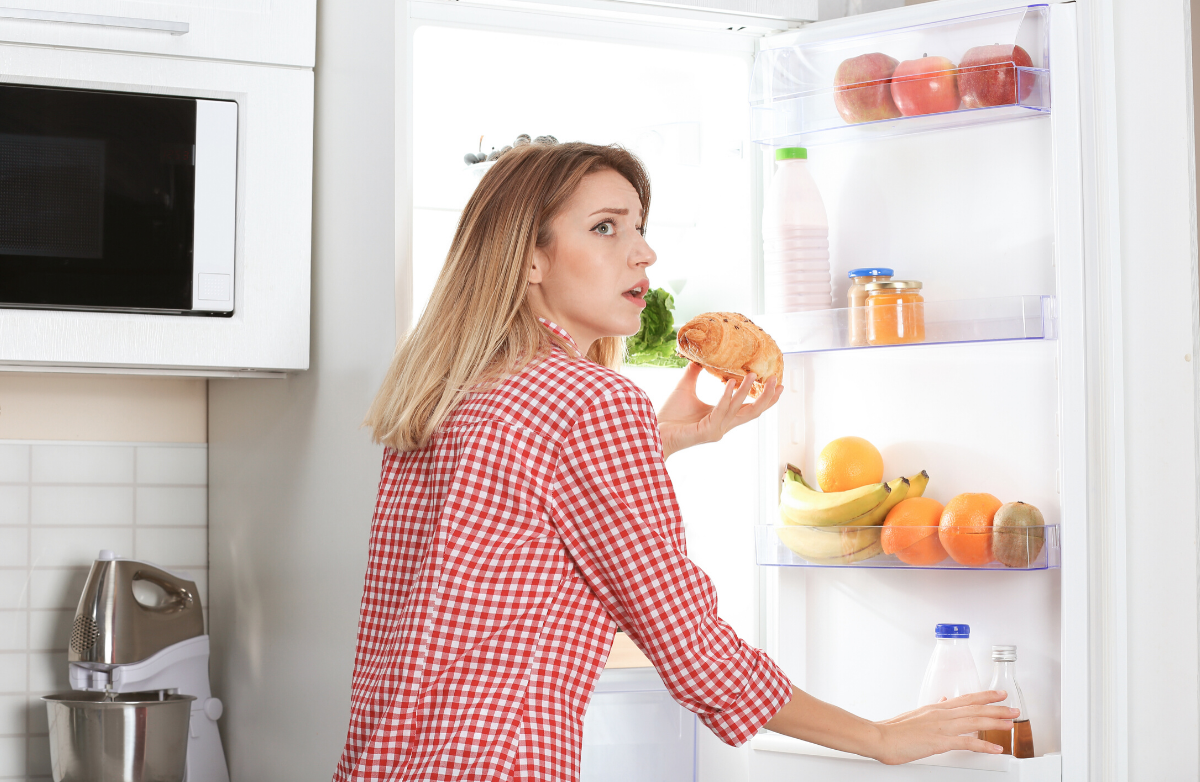|
One of the goals of making a “lifestyle change” (as opposed to going on a diet) is to develop a healthy relationship with food and eating that feels normal, comfortable, usually enjoyable, and relatively easy to maintain over time. No elaborate eating rules, no worries about “good” foods and “bad” foods, no guilt feelings or verbal self-abuse for breaking the rules, no getting obsessed with weigh-ins or calorie counting, no restricting your social life so you can avoid people/situations that might make you blow your diet. Just a little common sense, some basic nutritional knowledge, and a willingness to trust your body to make up for your occasional dietary “mistakes” and balance out your calorie and nutrient intake over time to match your needs. According to this article, this desirable state is called “normal eating,” and it’s something all of us can achieve by simply eating when we’re hungry, eating the things we like, and stopping when we’re satisfied. But just how realistic is this notion, especially for those of us who struggle with maintaining a healthy weight? Can things really be this simple? This approach also goes by other names, like mindful eating or intuitive eating. But the basic idea is simple: we’ve all got an innate, evolved appetite regulation system (or, if you prefer, an “inner normal eater”) that is capable of maintaining a balance between energy in and energy out over time, and predisposing us to eat and enjoy the foods we need for good health. I don’t know about you, but a few years ago, when I weighed almost 400 pounds, this made about as much sense to me as claiming that the two essential food groups are chocolate/peanut butter brownies and beer (oh, wait—I think I did believe that at the time). I felt like I had little or no control over my appetite or my eating, and was probably allergic to vegetables (quite possibly to vitamins in general). For my inner normal eater, “normal” meant about 5000 calories/day worth of mostly junk food. Since then, I’ve learned that in fact, I really do have something that at least resembles an inner normal eater—maybe a normal-eater-in-training would be more accurate. Trying to cooperate with this healthy part of myself really does make life a lot better and easier, compared to all those years I spent believing that my real self was the problem, not the solution. But it took a while and a lot of hard work to overcome my problems with emotional eating and negative thinking to find and establish contact with my inner normal eater. The first step, for me, was recognizing that my feelings of being out of control and powerless over food and eating weren’t reality—they were part of a mental and emotional pattern called learned helplessness that I had developed over many years. Then I had to work hard at dismantling that state of mind and replacing it with a positive and realistic sense of self-efficacy, one decision and one day at a time. I still struggle with these issues to some extent today, and I can’t say that I’m comfortable with totally trusting my appetite to maintain a healthy weight. Right now, for example, my effort to lose the 30 pounds I regained over the past year isn’t going very well because the combination of new physical limitations and a few medications that affect my metabolism has apparently changed how many calories I need in one direction (down), and my appetite in the other direction. What feels “normal” to me at this point is making the scale go up, not down. So, I’m also counting calories and watching the scale pretty closely for a while again, until I get a better idea of what it actually takes for me to lose this weight. But this feels normal to me, too. There’s nothing abnormal about using appropriate tools to get and apply the knowledge you need to accomplish your goals, as long as you’re mindfully using the tools and they’re not controlling your feelings or running your life. And there’s nothing to be gained by becoming a fanatic or a perfectionist about mindful or intuitive eating, to the point that you become compulsive about not using tools or adopting reasonable food rules to accomplish your goals. Or so it seems to me. The key is to trust yourself to be able to do the right thing, for the right reason, and in the right way often enough to accomplish your goals. What do you think? Do you feel like you have an inner normal eater you can trust? |
Popular Entries
More From SparkPeople
|















.jpg)